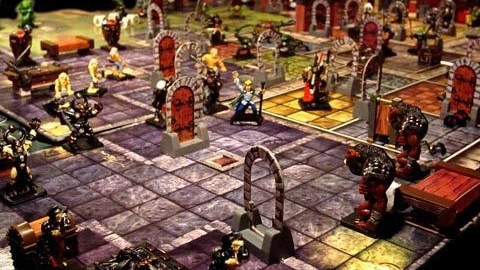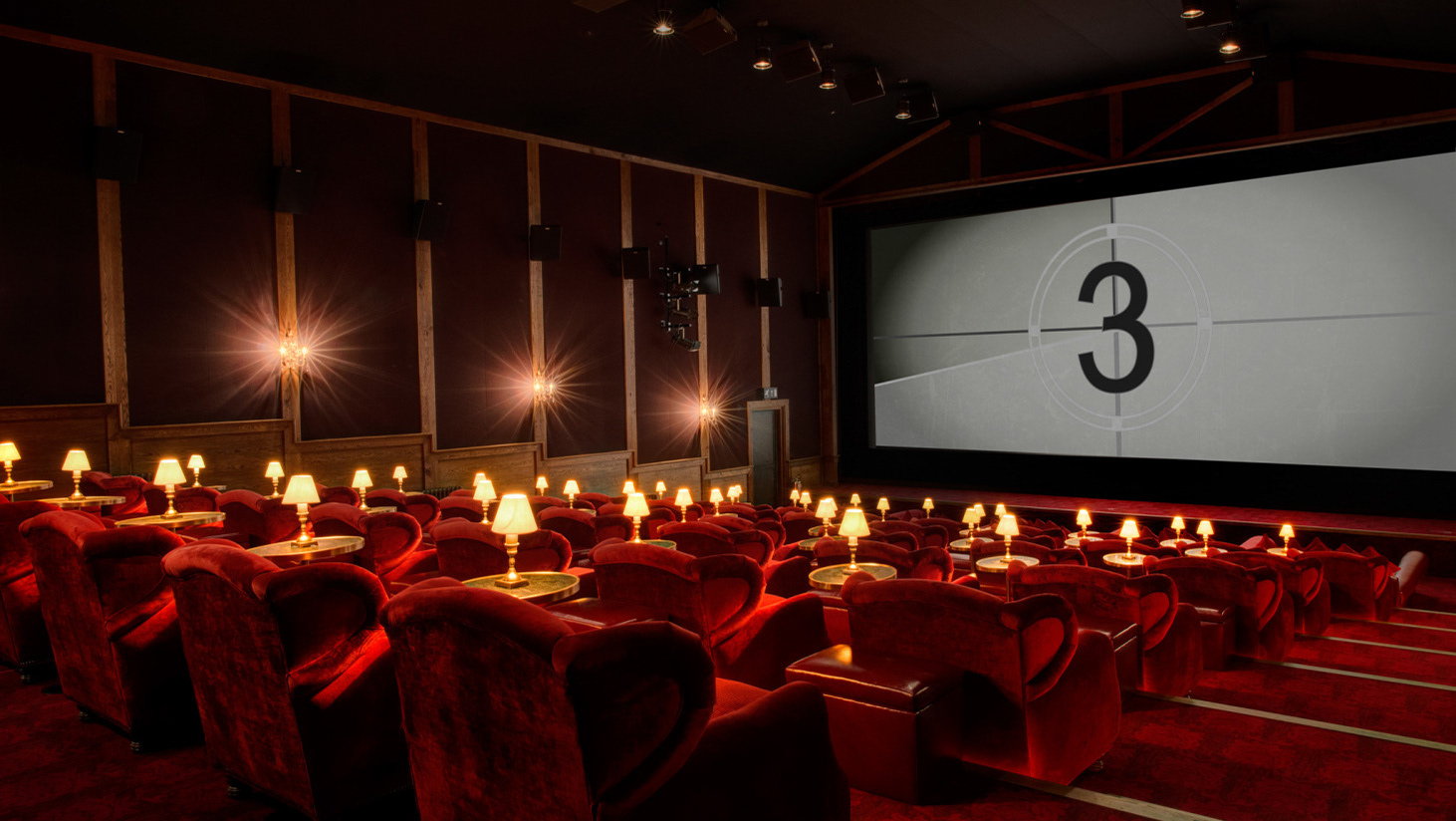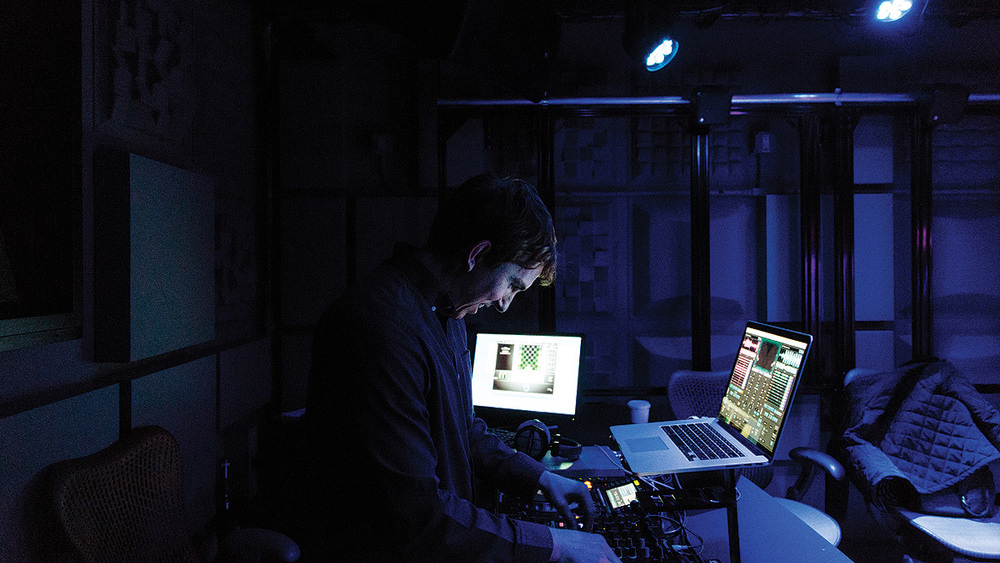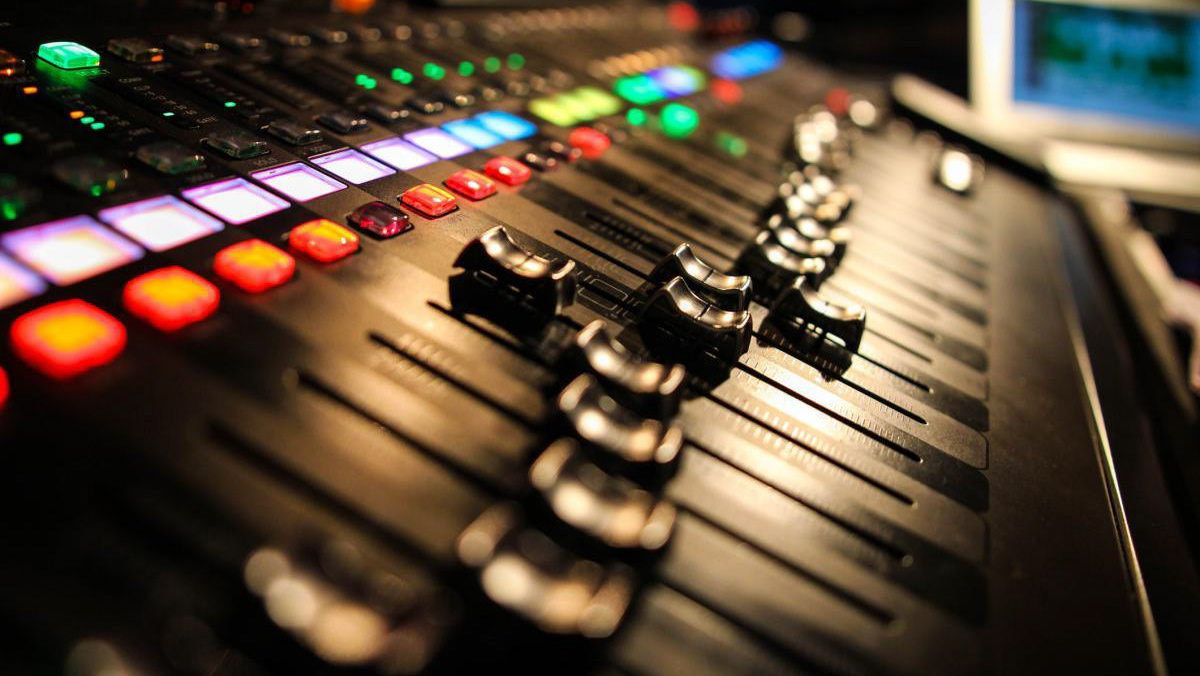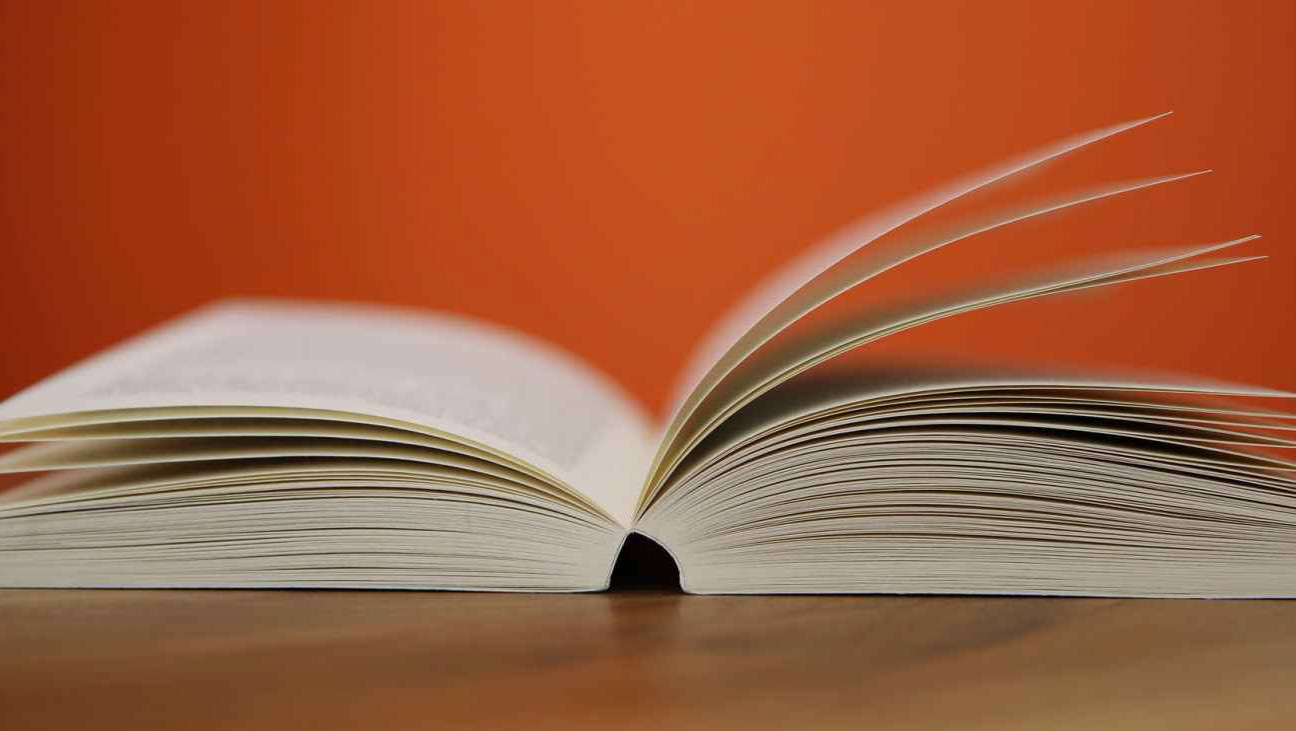For the start of this series of blog posts, we'll begin with an interesting concept within media. How we perceive it. Time based perception is a very odd thing to define, and as such, will be defined with the explanation below.
Now, for this particular concept, we have to work within two separate mediums. One where we have a time based perception, and one that focuses more on the surface material.
So, with that, the media piece that we shall focus on will be Alice in Wonderland. As a film, it's an interesting watch and definitely moves away from some of the concepts within the original book.
We'll start with the film.
So, within the time based perception of the film version, which is super dark yet with a surprisingly peppy feel for those who haven't watched it, we're pulled into the story, following moment by moment as the screen moves before us. The music, the sounds, the environment, the clothing, the atmosphere, it all pulls us deeper and deeper down the rabbit hole.
And with the pull down the rabbit hole, we become entranced in a world that isn't our own yet it seems possible that that world and our own could become linked by some mystical doorway between universes, from ours where we strive to further technology and hate ourselves immensely and suffer from world crippling paranoia and hatred of each other; to one that has all kinds of weird, wonderful, extraordinary things, like disappearing cats, cakes that make you grow, talking white rabbits wearing waistcoats with pocket watches, and hatters that are quite mad.
This is due to the loveliness of triggering emotional responses and memories. Each tone, each word, every breeze that wafts into your ears from the silver screen, is created and placed to illicit an emotional response to whatever is happening. Whether it's the music that creates tension as Alice goes to slice the head off the Jabberwocky, or the sense of fear when you hear the Red Queen scream "Off with their heads!" at the unlikely group of heroes in her castle, your perception of it, the time you give yourself to envelope yourself in adventures through the looking glass, are all made to draw you in closer.
Now, there are significant differences with this when it comes to reading the book, however they're much the same, just less effective.
Within literature, when you only have the words on a page and your mind to interpret them, it becomes more difficult to be drawn in by anything other than your imagination. With vivid wording and creative styling, books can become films to the greatest imagination, but without that, it becomes something to hold your piano up off the floor.
That's not to say that books aren't effective in drawing your perception in close to keep your sense of time in step with it, it's simply that films; with a much more audio-visual approach to your perception of it, are easily better at it.
Books and films are, in many ways, similar, but they're also very different.
That difference is simple perception.
